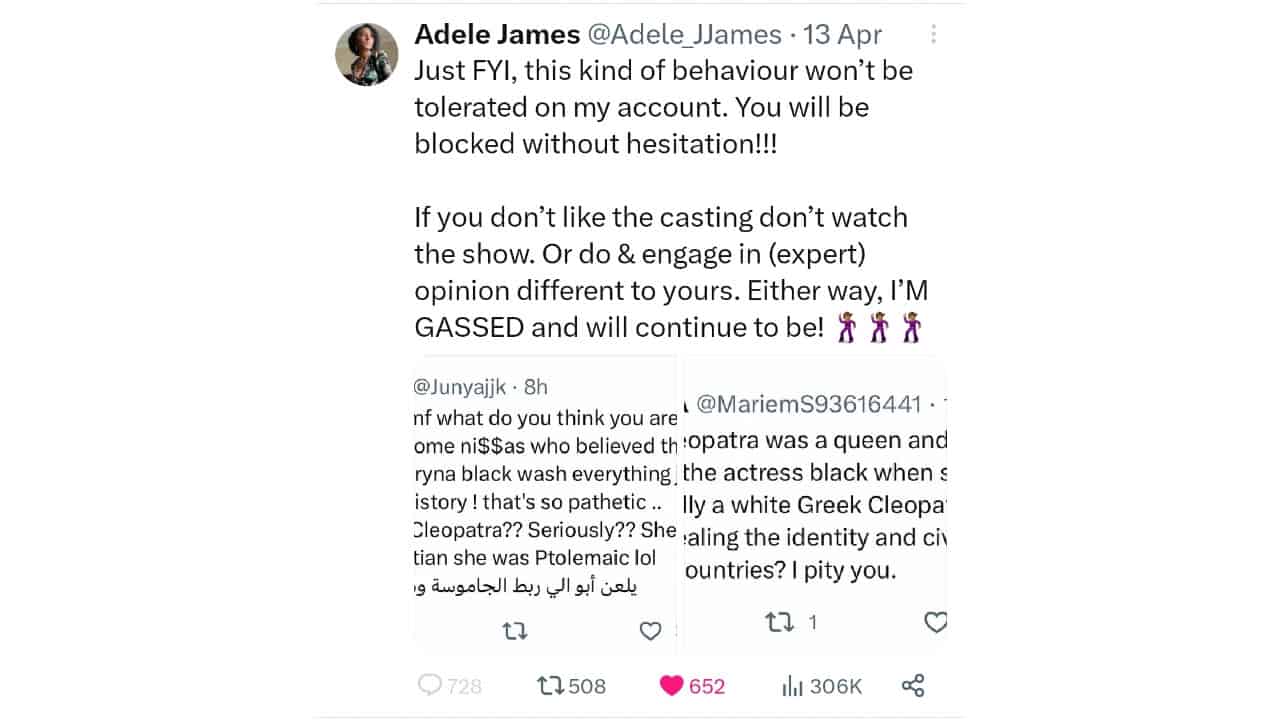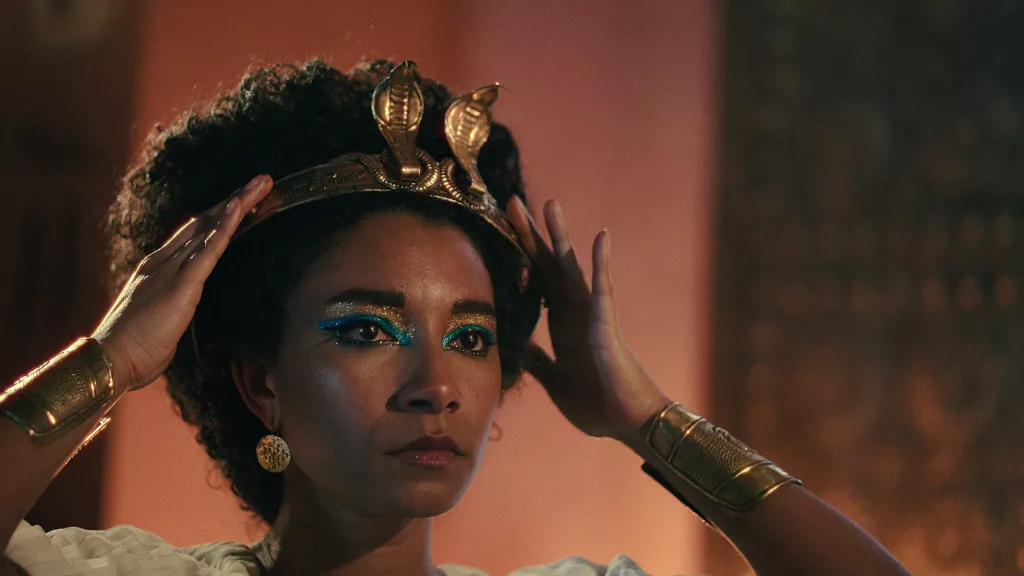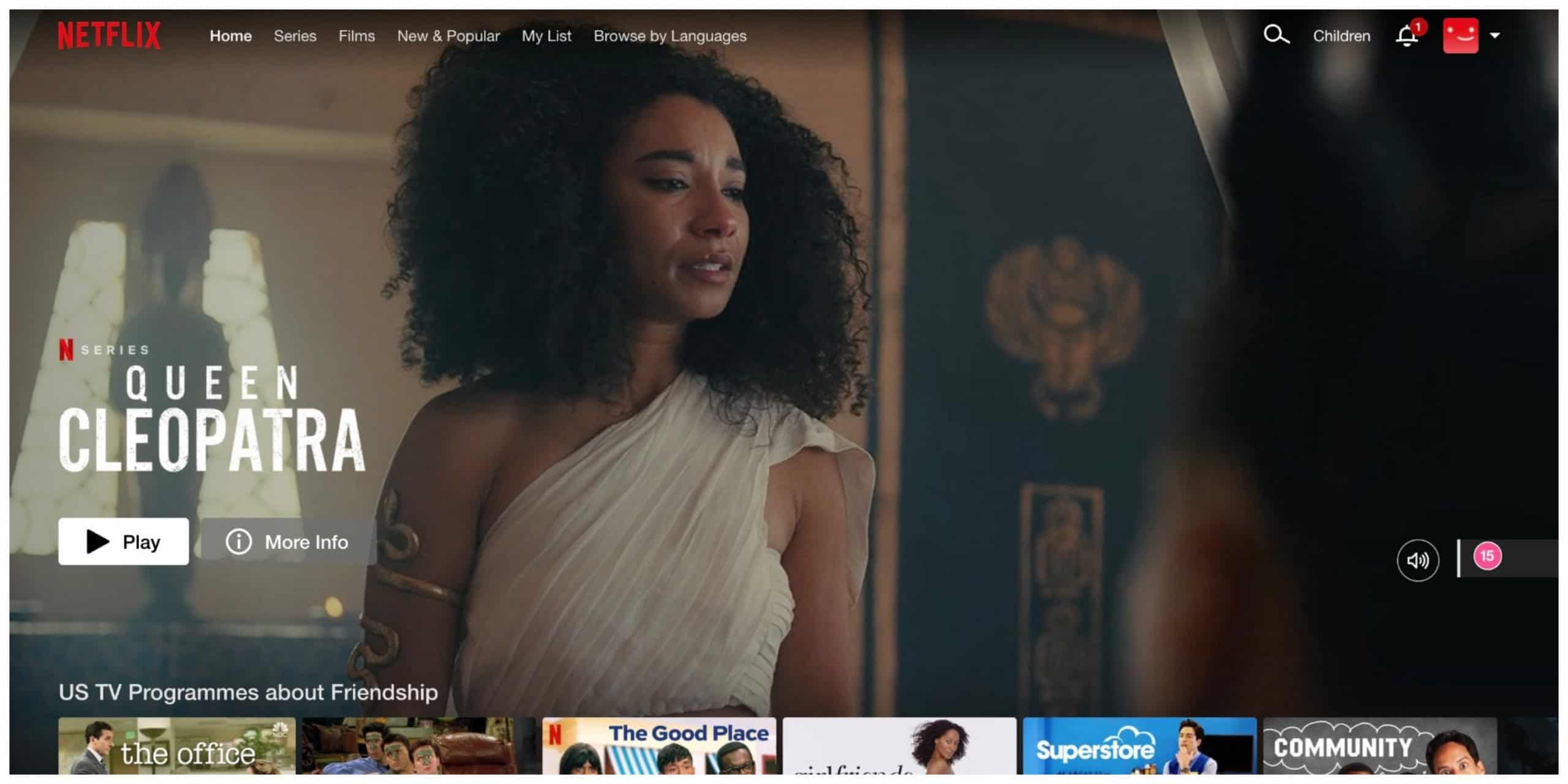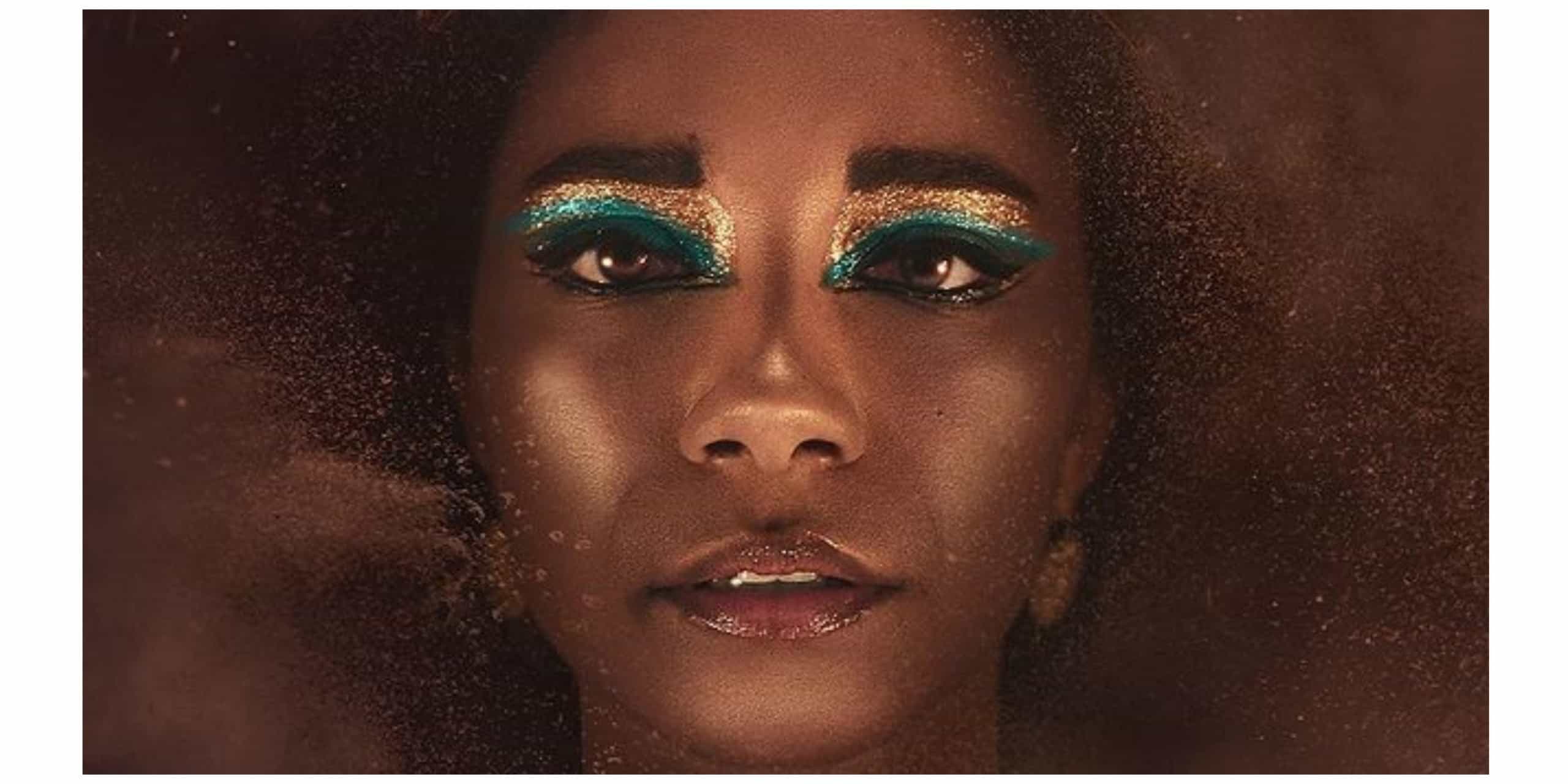Netflix’s new docudrama series, “Queen Cleopatra”, is creating a buzz in Egypt due to its controversial casting of Adele James, a black woman with mixed ancestry, as the Pharaoh Cleopatra. The series, which was released on May 10th, portrays Cleopatra as having African roots. This portrayal gave rise to intense debates among the academics in Egypt who argue that Cleopatra, who was born in the Egyptian city of Alexandria in 69 BC, was of European descent and not Black. The debate has even led to an Egyptian lawyer filing a complaint against the program, demanding that legal measures be taken to block its broadcast in Egypt.
The show’s executive producer, Jada Pinkett Smith, has defended the casting of Adele James, stating that it is a nod to the years-long conversation about the race of Cleopatra. Scholars agree that Cleopatra was of Greek-Macedonian descent on her father’s side, but the ethnicity of her mother is not clear due to the absence of evidence, with some historians suggesting that she may have been of African origin, and hence, Cleopatra may have been of mixed ancestry.
However, Zahi Hawass (an Egyptologist) strongly disagrees with the notion that Cleopatra had African ancestry. He called her portrayal in the docudrama “fake.” He argued that the Pharaoh (an ancient Egyptian ruler) was Greek; that is, she had a lighter complexion, not Black.
Also, Read What Happened To Cleopatra? The Queen Who Died
What does Adele James think about this?
Even Adele James gave a piece of her mind on this ongoing controversy saying, “Just FYI, this kind of behavior won’t be tolerated…If you don’t like the casting, don’t watch the show.” James, a British actress, is playing the role of the Pharaoh Cleopatra in the documentary series, “Queen Cleopatra”. The series is the 2nd part of “African Queens” which was released by the streaming platform this May 10th.

Also Read Queen Cleopatra Episode 1, 2, 3 & 4: Release Date, Preview & Streaming Guide
Has this happened before too?
The controversy has reignited the debate over how Cleopatra should be represented on the screen. Plans for a movie that was set to be directed by Patty Jenkins with the Israeli actor, Gal Gadot, starring as the iconic Egyptian queen in it prompted similar debates. The critics said that the role should go to an Arab or African actor, which resulted in the movie not being made.
The portrayal of Cleopatra in pop culture is not a new thing. In 1961, when the great actress Elizabeth Taylor appeared as the Egyptian ruler, the movie was met with a similar backlash and ended up being banned in many Arab countries, including Egypt.

The criticism faced by the Netflix docudrama highlights the cultural sensitivity of historical figures and the importance of accurate representation of them in the media. However, it also raises questions about the role of actors and their responsibility to portray the characters accurately.
Ernest Owens, who is an author and commentator, defended the casting of Adele James as the Pharaoh, expressing that there is some ambiguity around the ruler’s racial identity. He argued that assuming the Egyptians do not carry some level of African ancestry with darker skin complexions is historically incorrect.
On the other hand, Egyptian comedian Bassam Youssef argued that the problem is not about skin color but rather the falsification and continuous cultural appropriation of Egyptian history throughout the years. He noted that Egypt has a diverse population, and people can have a range of skin tones; thus, reducing the debate to just black and white is diminishing.

To conclude, the controversy surrounding the portrayal of Cleopatra in the Netflix docudrama draws light on the importance of accurate representation in popular culture and media. While scholars may debate Cleopatra’s racial origins, the portrayal of her as a Black woman is seen by some as an erasure of Egyptian history and identity. The debate also raised many questions about the role actors play and their responsibility in representing historical figures with preciseness.




